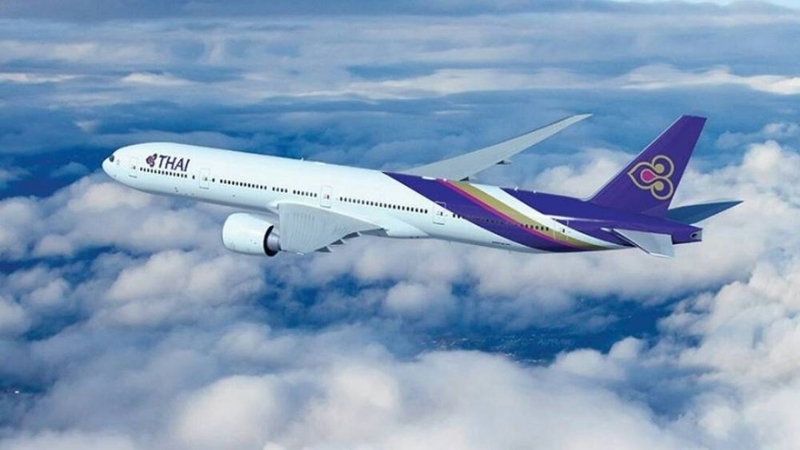
National flagship carrier Thai Airways International (THAI) will avoid a heavy price-cutting strategy to be competitive next year but will instead focus on building a solid customer base and tap specific segments, airline president Sumeth Damrongchaitham said.
The carrier will continue to recruit stronger marketing partners, he added.
He estimated that the aviation industry would continue to experience intense competition next year.
THAI will continue with its transformation plan next year, which includes focusing on earning ancillary revenue, creating satisfactory customer experiences and effective human resource management.
THAI will cooperate with the Tourism Authority of Thailand to hold a joint marketing campaign in order to boost in-bound tourism and increase national revenue.
Sumeth said that currently several negative factors were impacting the aviation industry and affecting business operations, which had caused several airlines to cease operations. Airlines are incurring losses as a result of the world economic situation, the aggressive and intense competition, technological disruption and political unrest across the globe. THAI was also affected by the continually strengthening baht, he said.
THAI and its subsidiaries reported a total revenue of Bt45.016 billion for the third quarter of 2019, down 6.1 per cent year on year. THAI and its subsidiaries reported a net loss of Bt4.680 billion for the third quarter.
THAI has continued to implement cost cutting measures, such as postponement of unnecessary investments, work reprocessing to reduce expenditure and improve work quality, as well as reduction in employee benefits of management and staff.
THAI has implemented a personalised approach to target customer groups with emphasis on creating ancillary revenue. During the first nine months of 2019 (January to September), THAI earned Bt4.604.17 billion in ancillary revenue.


